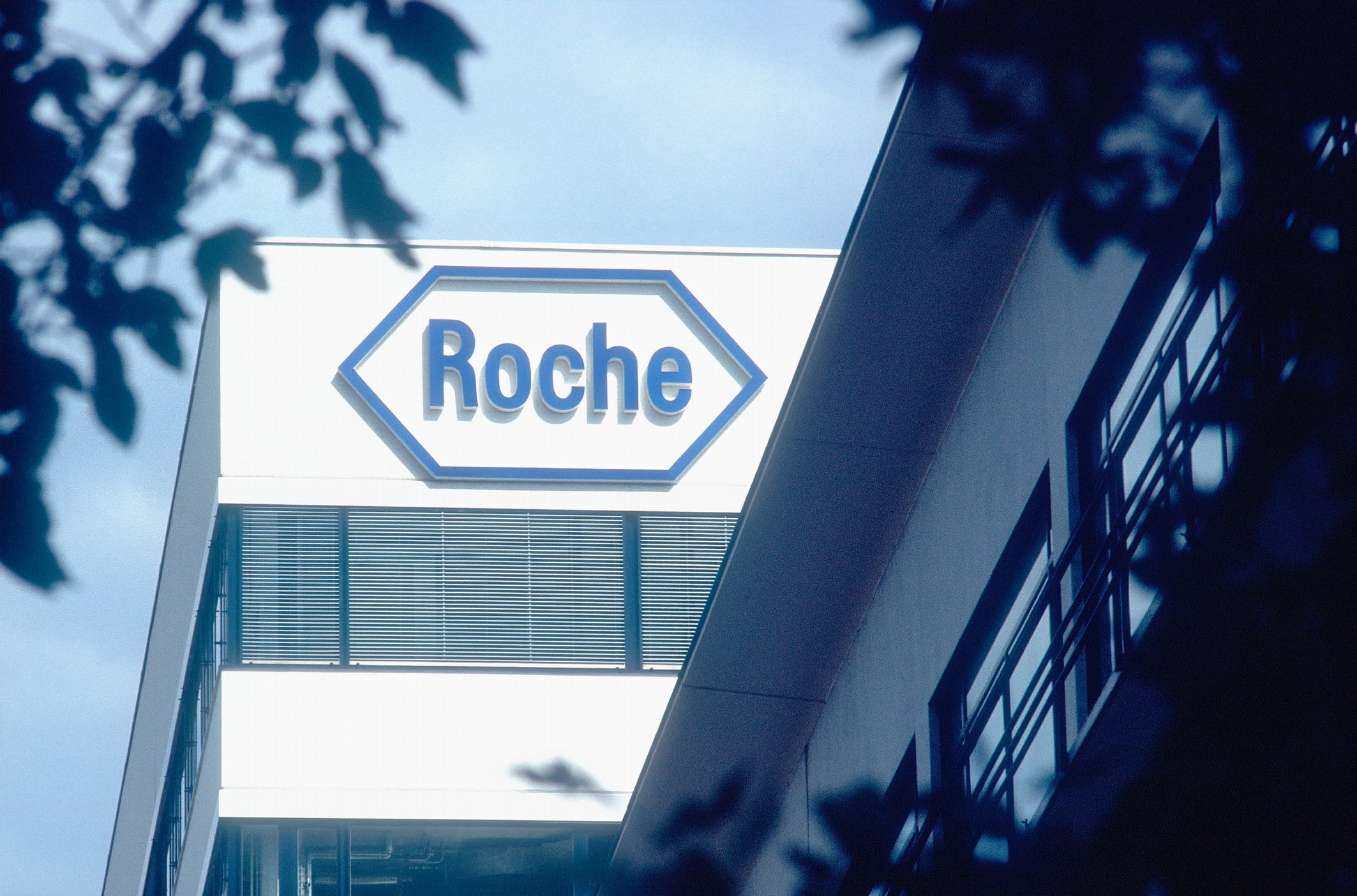
Roche announced that the global, randomised phase III ALEX study met its primary endpoint and showed that Alecensa (alectinib) as an initial (first-line) treatment significantly reduced the risk of disease worsening or death (progression-free survival, PFS) compared to crizotinib in people with anaplastic lymphoma kinase (ALK)-positive advanced non-small cell lung cancer (NSCLC). This is the second phase III trial to show that Alecensa was superior as an initial treatment compared to crizotinib in this type of lung cancer. The safety profile of Alecensa was consistent with that observed in previous studies, with no new or unexpected adverse events.
“Our goal is to transform the standard of care and we are excited to share these results with the lung cancer community”, said Sandra Horning, MD, Chief Medical Officer and Head of Global Product Development. “As part of its Breakthrough Therapy Designation, we hope to bring Alecensa as an initial treatment for people with ALK-positive NSCLC as soon as possible and will discuss these data with global health authorities.”
Full data from the ALEX study will be presented at an upcoming medical meeting and submitted to global health authorities, including the United States Food and Drug Administration (FDA), which in September 2016 granted Alecensa Breakthrough Therapy Designation (BTD) for the treatment of people with advanced ALK-positive NSCLC who have not received prior treatment with an ALK inhibitor.
Alecensa is approved as a monotherapy (alone) for people with ALK-positive NSCLC who have progressed or are intolerant to crizotinib in Europe, the U.S. and nine other countries globally. Alecensa is also approved in Japan for people whose tumours were advanced, recurrent or could not be removed completely through surgery (unresectable). In the US, Alecensa was granted accelerated approval by the FDA in December 2015 for the treatment of people with ALK-positive NSCLC who have progressed on or are intolerant to crizotinib. The ALEX study is part of the company’s commitment to convert the current accelerated approval of Alecensa in people with ALK-positive, metastatic NSCLC who have progressed on or are intolerant to crizotinib to a full approval as an initial treatment.
In the European Union, Alecensa was granted conditional marketing authorisation in February 2017 for the monotherapy treatment of people with ALK-positive NSCLC previously treated with crizotinib.2 The ALEX study is also acts as the post-authorisation safety study to meet the specific obligation study to convert the conditional approval into a full approval in the EU for people with ALK-positive, advanced NSCLC previously treated with crizotinib.
Approximately 75,000 people globally are diagnosed with ALK-positive NSCLC every year. It is a distinct form of lung cancer commonly diagnosed in younger people (median age 52).1 Approximately 54% of cases are found in women.2 ALK-positive NSCLC is also generally found in those with a light or non-smoking history.3




